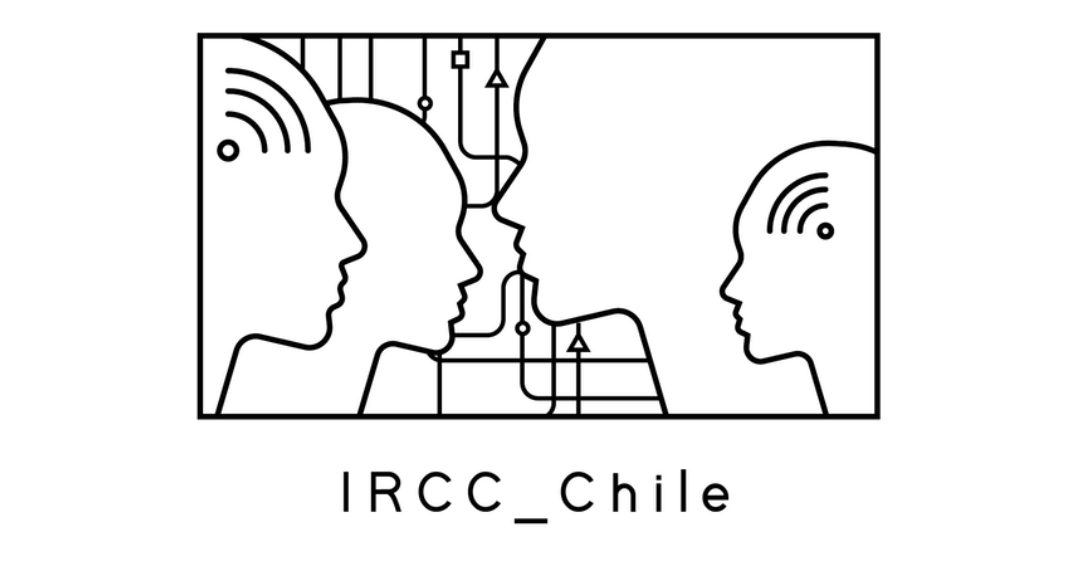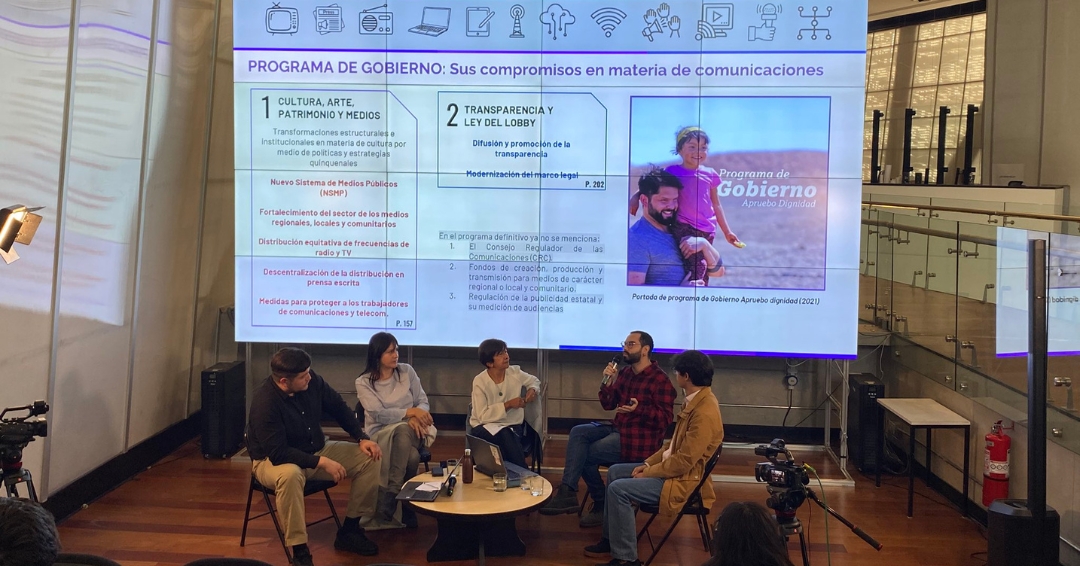In recent weeks, there have been two relevant announcements in Chile for the discussion about techno-media convergence.
Law 21.678 was enacted in early July. It “establishes Internet access as a public telecommunications service”, which in practice is a (new) patch to the 1982 Telecommunications Law that grants the Internet the status of basic service, giving it the same status that access to telephony services previously had, similarly to other basic resources such as water and electricity.
Among other things, this definition helps to resolve the abandonment of the so-called “red zones”; neighborhoods or sectors comprising at least 30 municipalities where companies have avoided investing in connectivity infrastructure due to risks such as cable theft. It also opens the opportunity for socioeconomically vulnerable communities and people to apply for subsidies to access this service and not be excluded from this technology while assigning responsibilities to companies regarding the quality of the services and their role in the context of a disaster.
Although, legally speaking, granting the status of public service to a specific sector gives the State a high power of intervention, what underlies this law is rather the idea of the Internet as a universal service. In other words, the State’s role in providing the service is limited to ensuring the social right of Internet access by means of higher requirements and supervision to operators.
For this reason, if anyone was expecting the idea of Internet access as a public service to open a window for a state telecommunications operator, a community Internet or the deconcentration of this sector of the industry, this was not it.
At this point, the question is: Why did we wait until 2024 to establish Internet access as a basic service? A hypothesis can be formulated, but we will leave it for another editorial.
Law 21.678 has other aspects that improve the Telecommunications Law but are not necessarily connected with the idea of the Internet as a basic service, such as the possibility to create telecommunications cooperatives, yet only as a service limited to a community that provides the Internet service to itself.
It is to be expected, then, that nobody dares to call this “community Internet”, unless the pending regulations on this point admit the possibility of this specific management and development model for the telecommunications sector that differs from the dominant commercial model, as it happens in countries like Mexico, Brazil or Canada.
It is also praiseworthy that the Telecommunications Undersecretariat (SUBTEL) is mandated to develop a National Digital Plan based on principles like technology neutrality, convergence and transparency, including information about radio spectrum allocation (this information could not be accessed in the context of the discussion on the digital TV law). The question about the diversity of agents that will be summoned to draft this plan and whether this must be done by a government body or an autonomous one remains. Maybe this elephant in the room should be addressed first?
Por último, es curioso que el nuevo texto aumentó las penas ante las intercepciones de telecomunicaciones, pero dejó intacto el artículo sobre penas de cárcel a la radiodifusión sin licencia —contrario al derecho internacional, según consta en distintos pronunciamientos de la Comisión Interamericana de Derechos Humanos relativos a Chile—, a pesar de que el año pasado a parliamentary agreement in this regard had already been achieved last year and this was a good opportunity to make it effective.
In mid-July, the government also announced new indications to improve the TVN law, which dates from 1992 and has experienced several changes throughout its existence, the last one being the 2018 law that created the conditions to develop the cultural channel announced in 2015 by former President Michelle Bachelet and allocated funds to support the transition to digitalization of public TV in what was called “the capitalization of TVN”.
Proof that this limited injection of public resources was of no use in the long term is the fact that a new legal reform is under discussion six years later, once again with a substantial focus on the channel’s financing, based on a document submitted by the administration of former President Sebastián Piñera in March 2022.
The announcement addresses several elements. First, it discusses stating the channel’s public mission in a more specific manner in the law, which is quite necessary so that the mission’s content can extend to each board member.
Here, it might be useful to return to the concept of “differentiating role” that was part of the debate around the bill submitted by the former head of state in 2008. It also proposes to increase the representatives of the board and give a vote to the representative of the channel’s workers.
However, based on what we know so far, it doesn’t question or modify the current system for appointing the board of directors, which includes political quotas -rather than being centered on its members’ competencies and knowledge about the television industry- and is strongly anchored in the decision-making power of the Senate and the president of the republic.
It speaks of the creation of a public radio. The fine print is that this isonly in Arica, Magallanes and the Metropolitan Region, and the question about the availability of frequencies for this purpose remains. Why only in these regions, and why not reformulate the existing regional production centers based on this new medium? Will regional public television continue to be a pending debt?
After more than 30 years, stable public financing for public television is mentioned for the first time. The fine print: only for the cultural channel and the radio; the main signal and the 24H news channel will continue to be financed with advertising. The news, precisely! This decision is quite counter-intuitive.
So, we remain with a Frankenstein TVN that self-proclaims to be public and is made up of scraps of skin that indeed respond to the definition of public TV, yet with the eyes and mouth of a commercial channel.
The question that must be asked after these announcements is whether legal transformations in terms of media convergence can only advance in Chile by means of a transvestism of concepts, as it seems that we are never prepared to discuss the profound meaning of what is public, how it differs from what is basic or universal, or its common aspects with what is community-oriented.
Por Chiara Sáez, julio de 2024.
Listen to this editorial below (in spanish):


